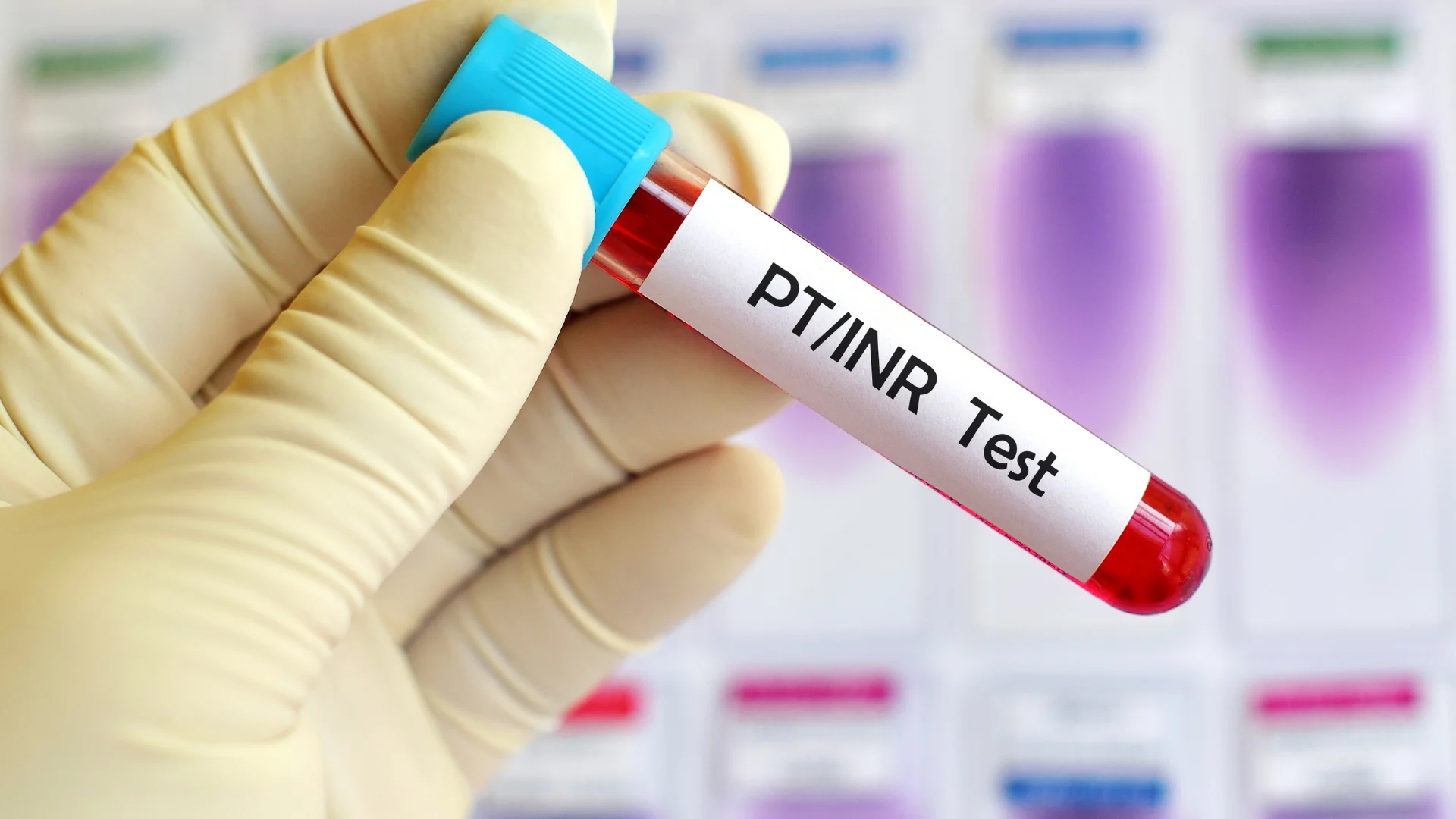
The Prothrombin Time (PT) test and International Normalized Ratio (INR) are vital tests used to evaluate how well your blood clots. These tests help detect clotting disorders, monitor anticoagulant therapy, and assess liver function.
What Are PT and INR? 🔍
Why Are PT and INR Tests Important? 🤔
Doctors recommend these tests for several reasons:
What Can the Test Reveal? 👀
A Vital Test for Clotting and Overall Health 💡
The PT and INR tests are simple yet powerful tools for diagnosing clotting disorders, managing anticoagulant therapy, and assessing liver health. They help doctors ensure timely intervention and personalized treatment to reduce the risk of complications.
Stay proactive about your health—book your appointment today for Prothrombin Time (PT) and INR testing.
DISCLAIMER: The information presented on this page has been intentionally condensed and simplified to make it accessible and easier to understand for the general audience. Its purpose is solely to provide basic awareness and education on the topic discussed. It is important to note that this content is not exhaustive and does not replace or serve as a substitute for professional medical advice, diagnosis, or treatment. Readers are strongly advised to seek consultations with qualified healthcare professionals or specialists for accurate assessment, personalized guidance, and appropriate medical care. Relying solely on the information provided here, without professional oversight, may lead to misunderstandings or inadequate treatment.
Privacy policy
Copyright ©2025 Klinika Kajo. Designed By Vizional